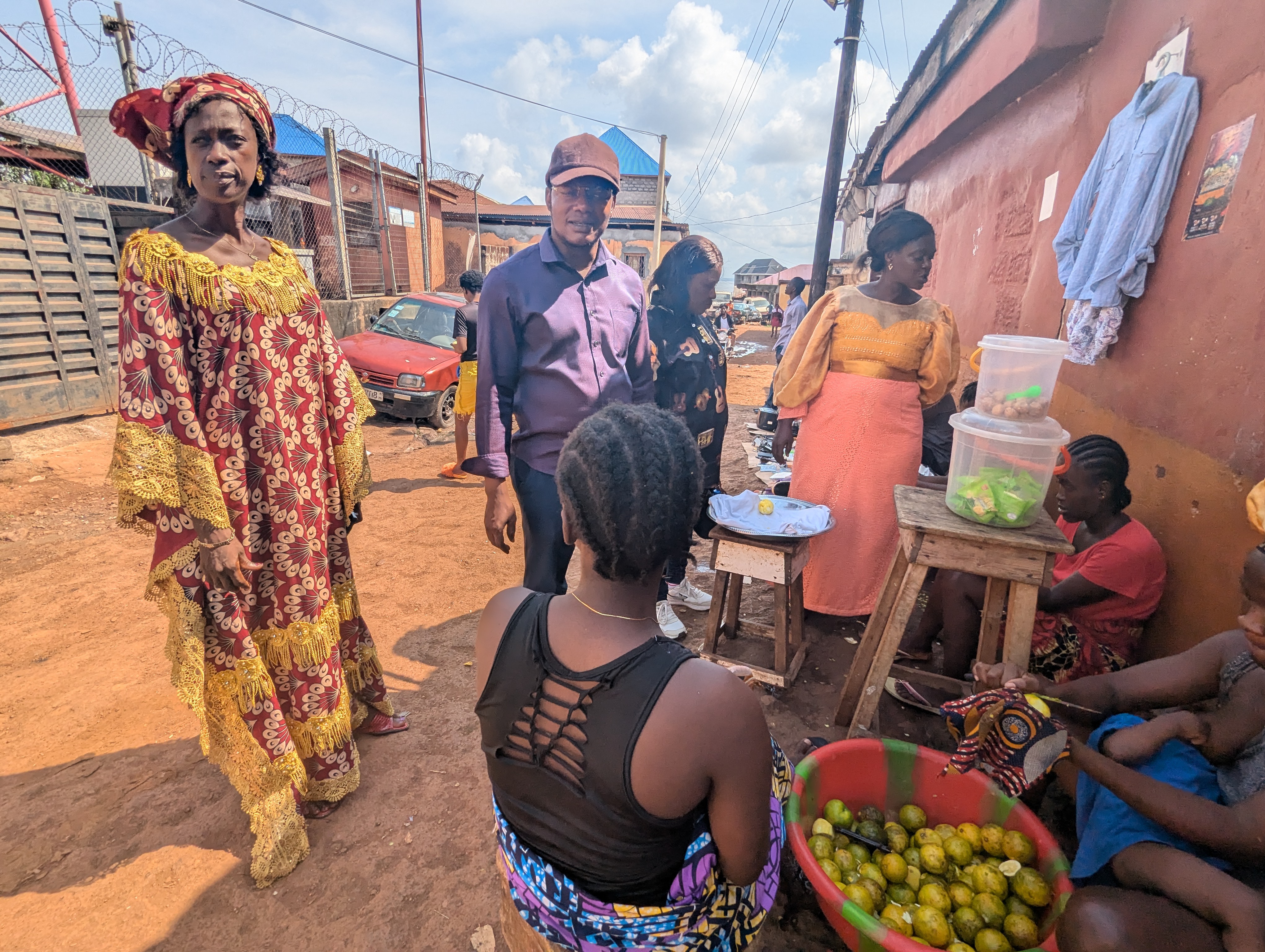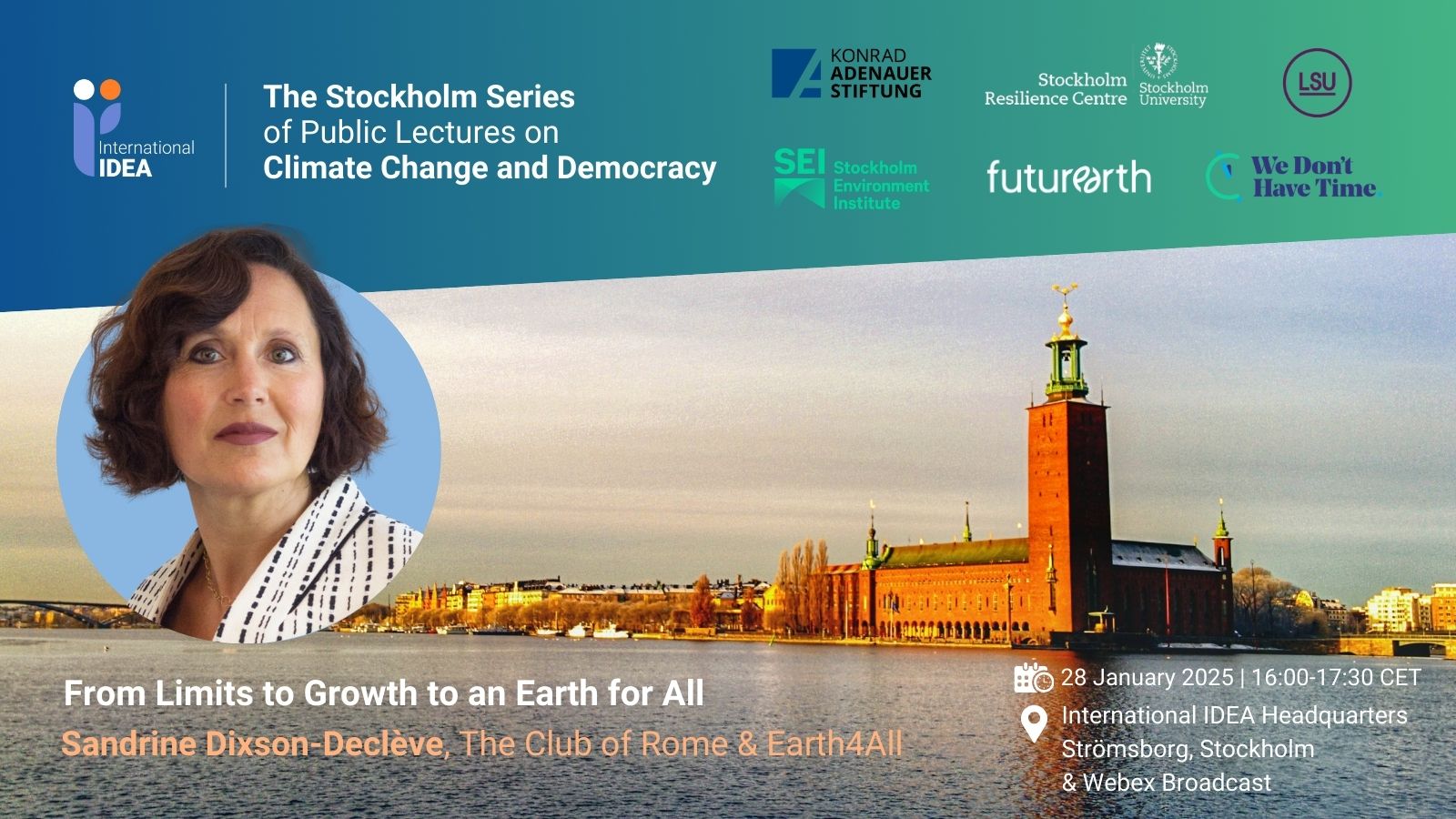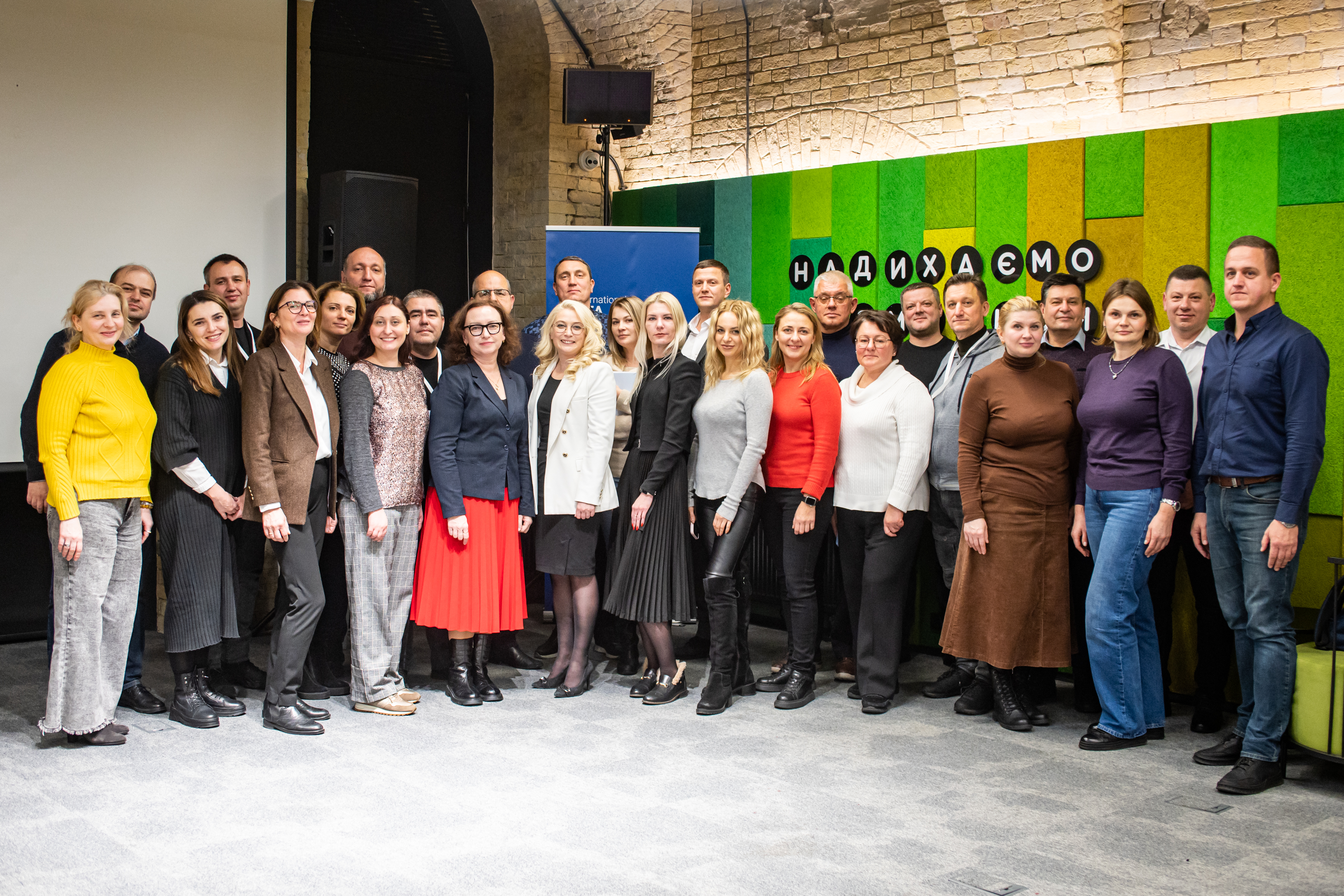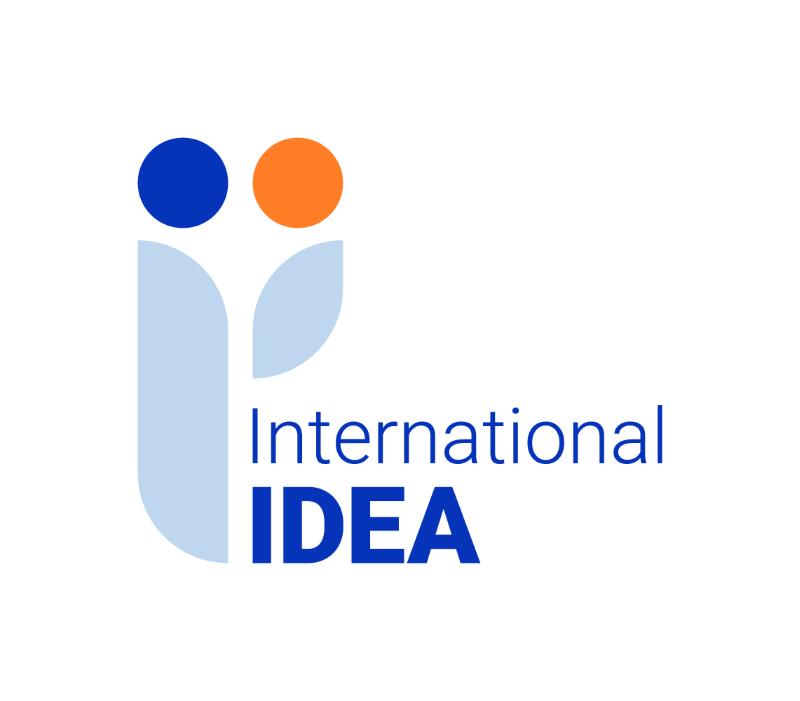Voter turnout, social media and the financing of politics in the European elections
Disclaimer: Views expressed in this commentary are those of the staff member. This commentary is independent of specific national or political interests. Views expressed do not necessarily represent the institutional position of International IDEA, its Board of Advisers or its Council of Member States.
Citizens of the European Union go to the polls in 28 countries this week to elect 751 representatives to the European Parliament - and it is clear that these elections illustrate many of the challenges and issues facing electoral processes around the world today.
Firstly, the issue of declining voter turnout, in particular among young people, has come to the fore in the European Parliament elections. At a time where Europe faces increasing security, economic and political challenges, high voter turnout would ensure that citizen’s voices are translated into elected representatives who can collectively influence how best the EU should address those challenges.
The signs are not positive, however, and voter turnout for both European Parliament and national elections within the EU has been decreasing consistently over the last two decades. At the last European Parliament elections, only 43% of the electorate voted, and although the average in national elections is higher at 65%, this is also in decline. Turnout is particularly low among young people and evidence shows that youth abstention is higher than average abstention rates in all European democracies. In fact, in the last European Parliament elections, the electoral participation of young voters was 30% less than that of older voters.
Recent research supported by International IDEA shows that lack of voter participation among young people is directly related to socio-economic factors. Young people who are students or unemployed are less likely to vote than young professionals. In addition, the research points to the disconnect between political parties and young people, which is a global challenge faced by political parties.
Secondly, the need for the bodies who manage electoral processes to be able to communicate effectively is also highlighted by this week’s elections. Communication is critical for increasing the participation of young voters in elections, and online and social media have become significant channels for the dissemination of information about elections and for debate about policy issues. The public in general, and young people in particular, expect the bodies which manage elections to be present in those online spheres where they themselves are active. Social media can also be a powerful tool in voter education. At the same time, electoral management bodies in Europe and around the world face challenges in mastering the new forms of communication necessary to meet and interact with voters in new media platforms.
In recognition of this, International IDEA has recently published a Social Media Guide for Electoral Management Bodies. This guide is designed to inform electoral management bodies about the ways in which social media can be used to increase the participation of the electorate, boost communication, engage all members of the community, and improve transparency and trust. Through helping electoral bodies to navigate the world of social media, International IDEA hopes to contribute to connecting the public, and in particular young people, with electoral processes throughout the electoral cycle and not just around a specific election.
Thirdly, the issue of unequal access to political finance and lack of transparency is as prevalent in the European elections as it is in other regions of the world. The European elections are governed by separate sets of financial regulations for each country, and there are no common minimum standards in place to regulate how transparent candidates should be about who is funding their political campaigns. Additionally, in more than half of the EU countries, there is no limit to the amount a donor can contribute to a candidate. International IDEA’s research on this has shown that unequal access to political finance skews the electoral playing field, making it harder for those without access to funds to compete. Our forthcoming research on this topic shows that women candidates find it particularly hard to raise money for campaigns, and presents some recommendations on how to address this.
Finally, I am pleased that Mr Yves Leterme will join International IDEA in early June as our new Secretary-General. Yves Leterme is currently Deputy Secretary-General at the OECD and has held a variety of political positions in Belgium, including as Foreign Minister and Prime Minister.
International IDEA welcomes Yves Leterme most warmly to our Institute!

Joan Sawe,
Acting Secretary-General, International IDEA



